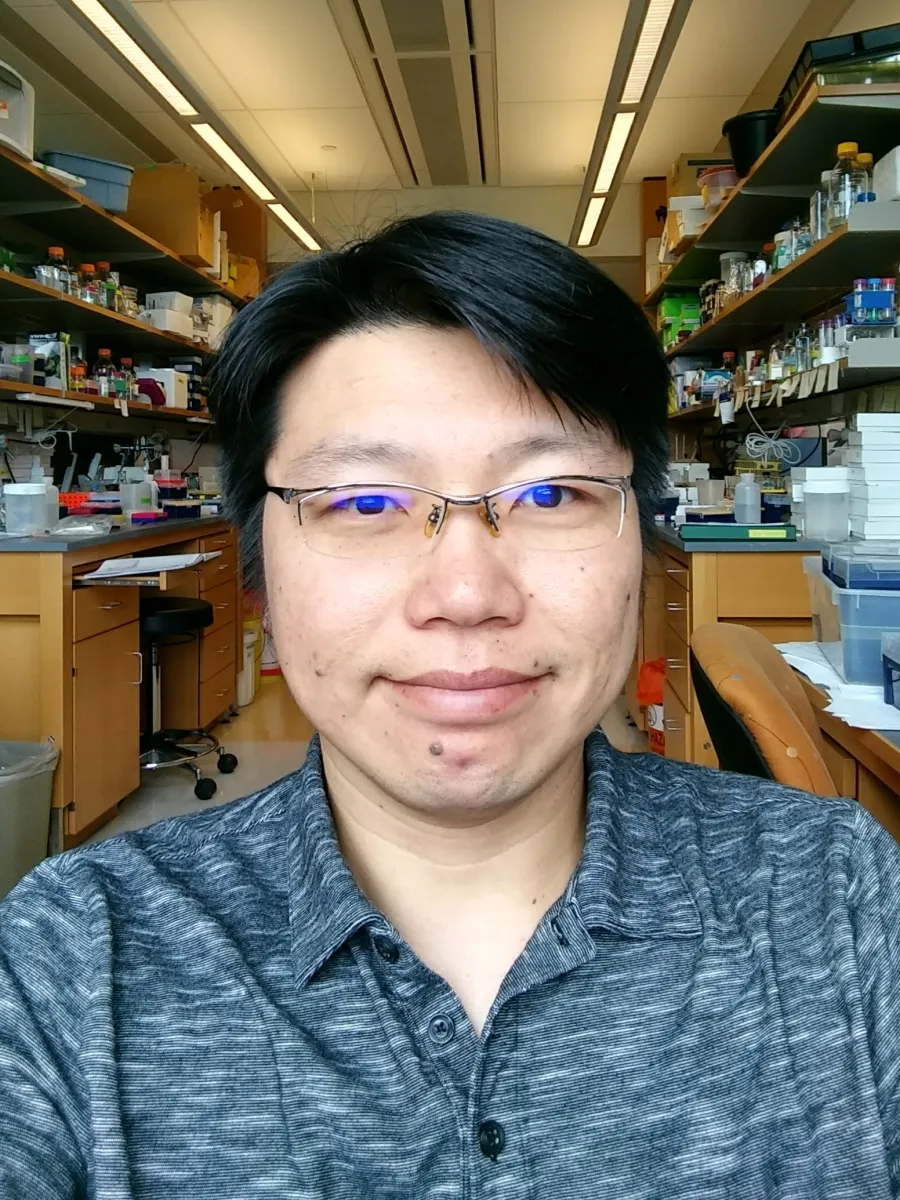Heng-Hsuan Chu
Associate Professor
Contact Information:
2003 Weston Hall
Office Phone: (906) 227-2343
hchu@nmu.edu
Education and Research Training:
- 2010-2018 - Postdoctoral Research Associate Dartmouth College
- 2004-2010 - PhD, Plant Biology University of Massachusetts
- 1997-2001 - BS, Botany National Chung Hsing University, Taichung, Taiwan
Research Interests:
I am interested in plant abiotic stress and my research has been focused on mineral nutrients. Mineral
nutrient deficiencies and toxicities affect crop production and crop nutrition, which in turn causes
nutrient deficiencies in humans. Abiotic stresses such as alkaline and acidic soils change the availability
of mineral nutrients and result in mineral nutrient deficiencies and toxicities, which are frequently
limiting factors for crop production. In addition to yield, nutritional value of crops is also important as it
affects human health. I am particularly interested in seeds as sources of micronutrients due to the high
prevalence of micronutrient deficiencies in many human populations that consume primarily plant-
based diets. Nutrient-rich seeds also offer agronomic benefits such as increased seedling vigor,
resistance to disease and other stresses, and increased crop yields. My research focuses on identifying
and characterizing genes that are involved in plant tolerance to mineral nutrient deficiencies or
toxicities, and nutrient loading into seeds using plant physiology, molecular genetics, genomics, and
microscopy. The ultimate goal of my research is to breed crops that are tolerant to mineral nutrient
deficiencies or toxicities and that have increased nutrients or decreased heavy metal contaminants in
the edible parts that are consumed by humans.
Teaching:
- BI 100 Biological Science
- BI 230 Plant Kingdom
- BI 330 Applied Plant Science
- BI 431 Plant Physiology
- BI 495 Plant Molecular Genetics
Selected Publications:
- Chu, H. H., Socha, A., Hindt, M., Cars, S., Punshon, T., Salt, D. E., Guerinot, M. L. (2017) The Arabidopsis MTP8 transporter determines the localization of manganese and iron in seeds. Sci. Rep., 7: 11024.
- Kumar, R. K., Chu, H. H., Abundis, C., Vasques, K., Chan Rodriguez, D., Hindt M. N., Socha, A. L., Punshon, T., Walker, E. L. (2017) Iron-Nicotianamine Transporters are Required for Proper Long Distance Iron Signaling. Plant Physiol., 175(1).
- Conte, S. S.*, Chu, H. H.*, Rodriguez, D. C., Punshon, T., Vasques, K. A., Salt, D. E., Walker, E. L. (2013). Arabidopsis thaliana Yellow Stripe1-Like4 and Yellow Stripe1-Like6 localize to internal cellular membranes and are involved in metal ion homeostasis. Front. Plant Sci., 4, 283. *Co-first author.
- Chu, H. H., Chiecko, J., Punshon, T., Lanzirotti, A., Lahner, B., Salt, D. E., Walker, E. L. (2010). Successful reproduction requires the function of Arabidopsis Yellow Stripe-Like1 and Yellow Stripe-Like3 metal-nicotianamine transporters in both vegetative and reproductive structures. Plant Physiol., 154(1), 197-210.
- Waters, B. M., Chu, H. H., DiDonato, R. J., Roberts, L. A., Eisley, R. B., Lahner, B., ... Walker, E. L. (2006). Mutations in Arabidopsis yellow stripe-like1 and yellow stripe-like3 reveal their roles in metal ion homeostasis and loading of metal ions in seeds. Plant Physiol., 141(4), 1446-1458.

